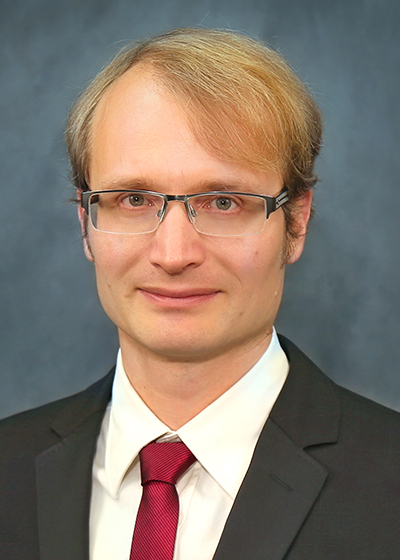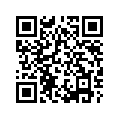Abstract
4G/5G security is an emerging problem, especially with IoT, V2V,
UAV and other applications of advanced wireless technology emerging.
In order to understand the vulnerabilities of these networks, we built
a software radio testbed that models 4G LTE environments and developed
a series of different cyber attacks to compromise the LTE radio access
network. Motivated by the fact that mobile networks highly rely on control
channel signaling, we challenged the system performance and availability
by attacking individual LTE control channels and signals. Moreover,
since user equipment (UEs) implicitly trust networks before the mutual
authentication handshake is completed, we tested the effect that fake
base stations and fake signaling, which we coin control channel spoofing,
have on the behavior UEs. After running numerous experiments in controlled
radio environments with standard compliant and mission critical LTE
networks and commercial UEs we found that a number of radio frequency
attacks can cause serious damage to the network performance and
availability. One of the simplest, yet most severe attacks that can
cause denial of service is to transmit the LTE synchronization signals
asynchronously to those of legitimate networks. Fortunately, there is
a simple solution to this threat that all LTE UEs face. An important
lesson learned for 5G development and deployment is that standards need
to consider operational edge cases for which simple solutions may exist.
Speaker's Biography
|
Vuk Marojevic is an associate professor of electrical and computer
engineering at Mississippi State University. He graduated from the
University of Hannover (M.S.), Germany, and Barcelona Tech-UPC (Ph.D.),
both in electrical engineering. Prior to joining Mississippi State,
he was with Wireless@Virginia Tech, where he developed various cognitive
radio and LTE testbeds and conducted several wireless protocol measurement
campaigns. He led Virginia Tech's LTE vulnerability analysis research
and proposed several ways to harden LTE. His pioneering work on LTE
control channel spoofing was picked up by industry and made it into
3GPP Release 13. His research interests are in software-defined radio,
spectrum sharing, 4G/5G cellular technology, wireless network security,
and resource management with application to mission-critical networks
and unmanned aircraft systems. His website is at:
https://www.ece.msstate.edu/people/faculty/vuk-marojevic/
|

|
|


